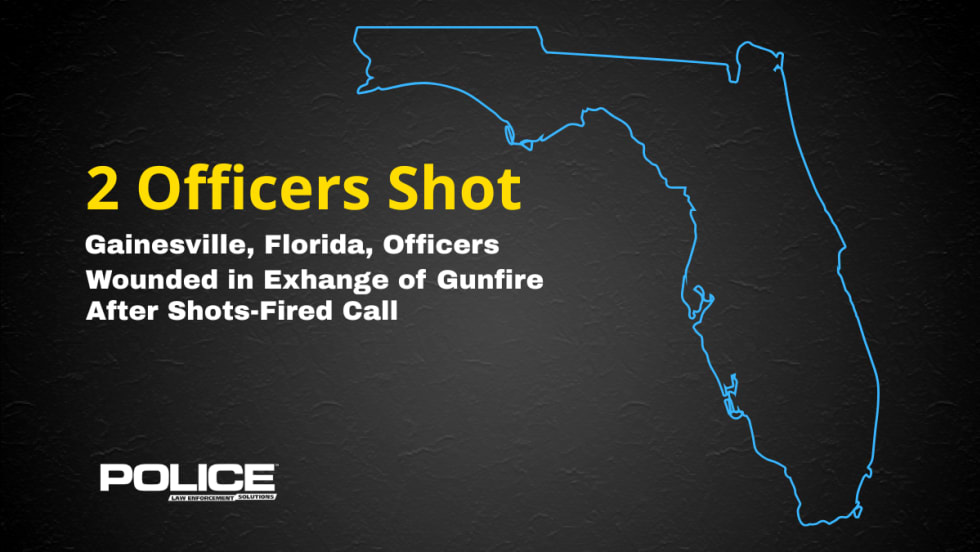After getting all the statements together, the witnesses all agree that the baby had been fussy, that the boyfriend got upset and yelled at the baby two or three times, but that the baby had finally gone to sleep without further incident. They went to bed and thought nothing more of it. When CID gets there, you turn the call over to them. You stay to help with anything they might need and start your initial report.
After a few hours of CID's investigation, the boyfriend finally admits to getting upset at the baby's incessant crying. He says he shook the baby a couple of times and that he stopped crying. He didn't think anything more of it. That's when he put him to bed and went to bed himself.
The reason the baby stopped crying was that the boyfriend had caused a severe brain injury, resulting in the baby's death. It was never a case of SIDS but one of SBS, Shaken Baby Syndrome. CID gets a confession and awaits the medical examiner's report. Your last act is to ask the mother if she needs any of your agency's services (chaplain, victim advocate, etc.). She says no, and that she will contact her pastor.
Post-Response
Think It Through Questions:













